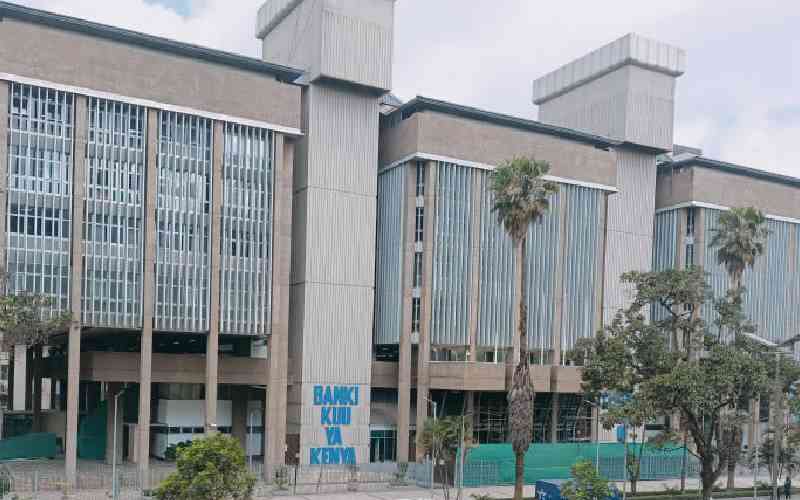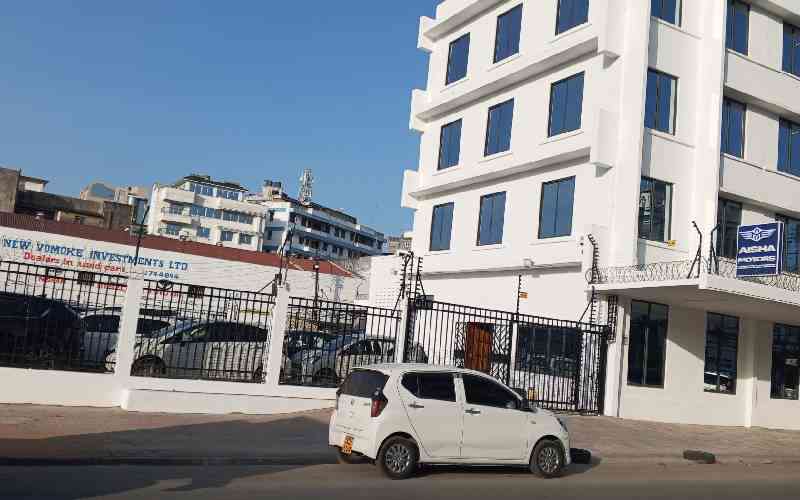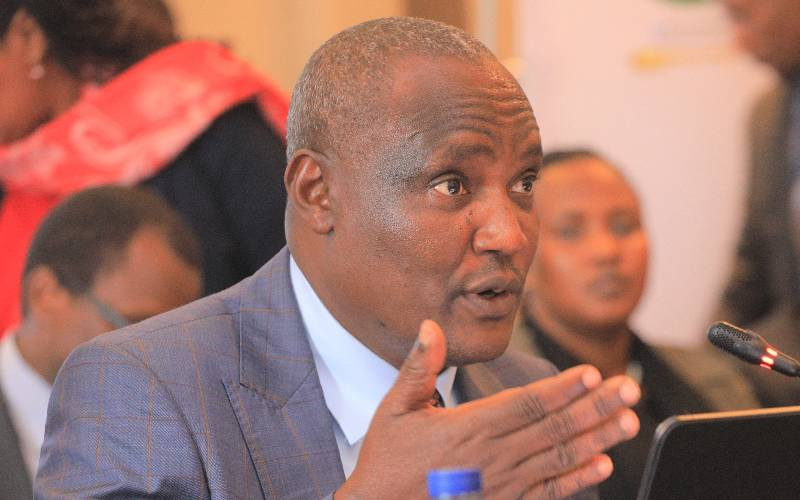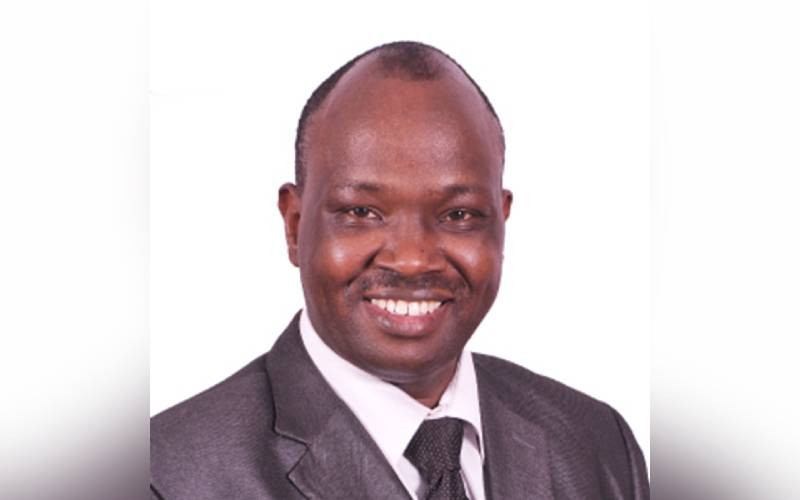×
The Standard e-Paper
Kenya’s Boldest Voice
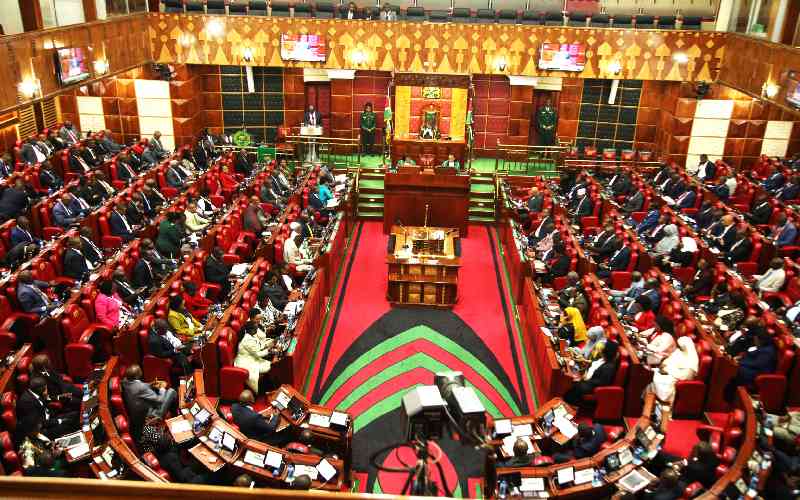
Members of Parliament have been accused by some observers of neglecting the interests of the people they represent and instead focusing on issues that should not even feature in public debate.
During campaigns, parliamentary candidates make grand promises to the electorate, but once in office, there is little effort to fulfil them.


